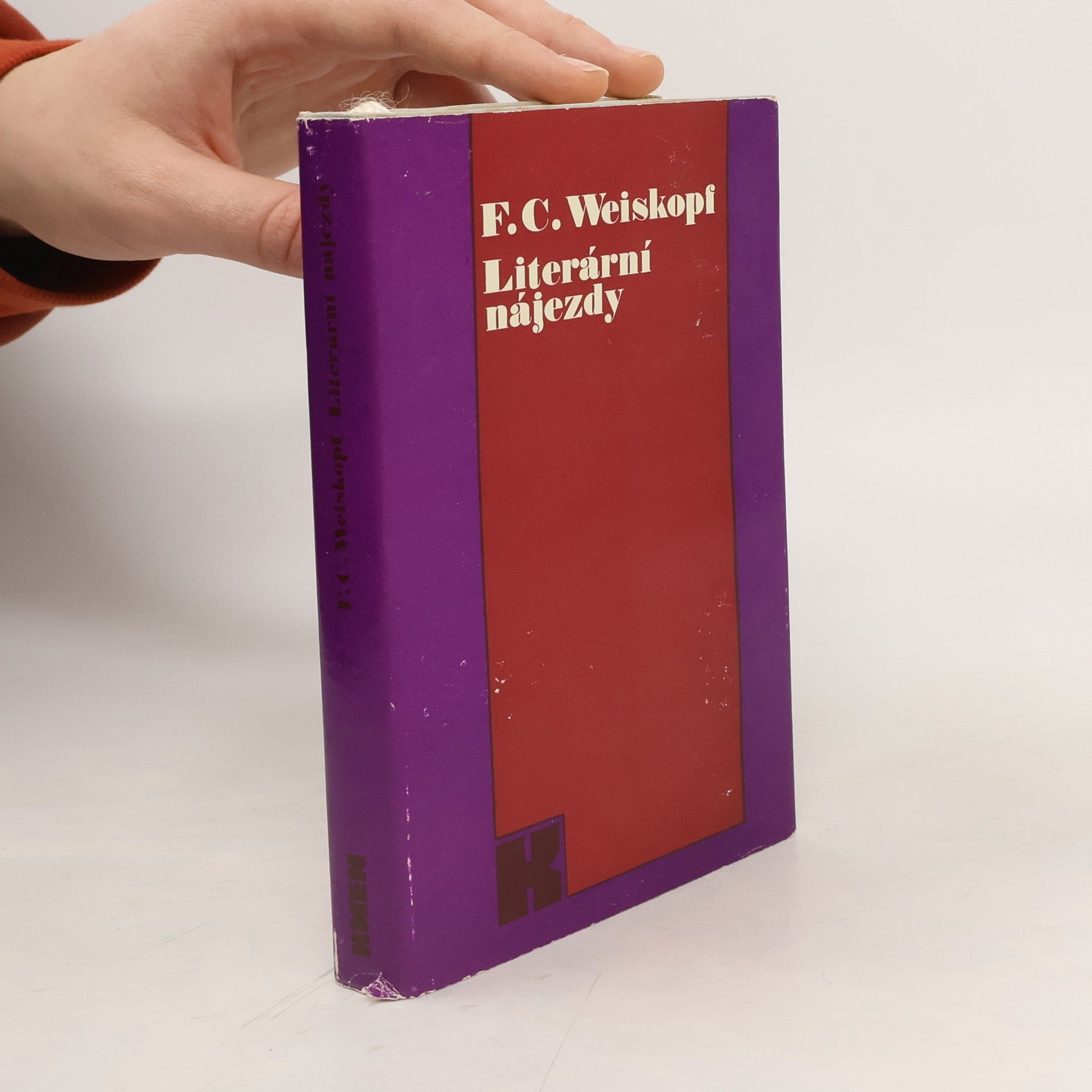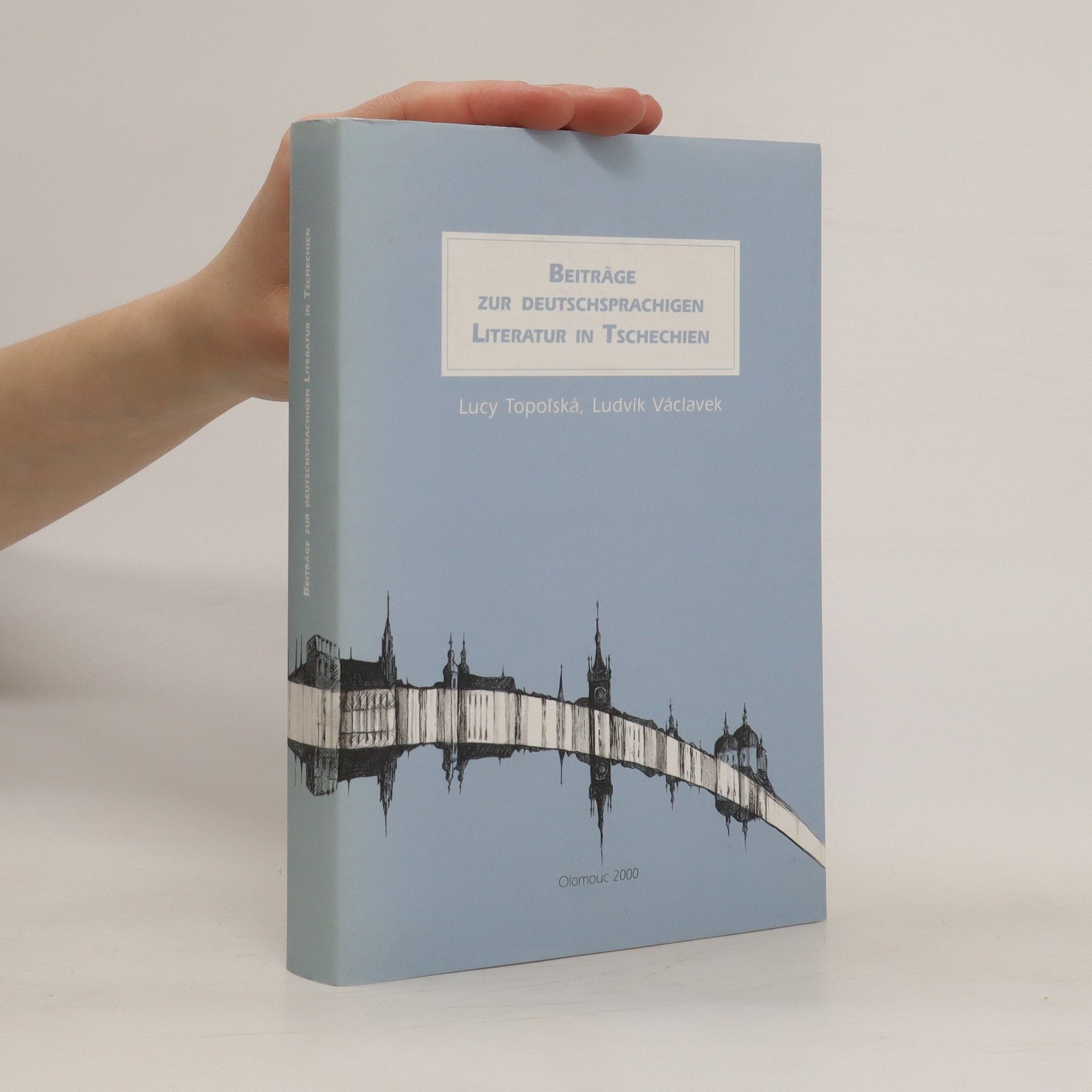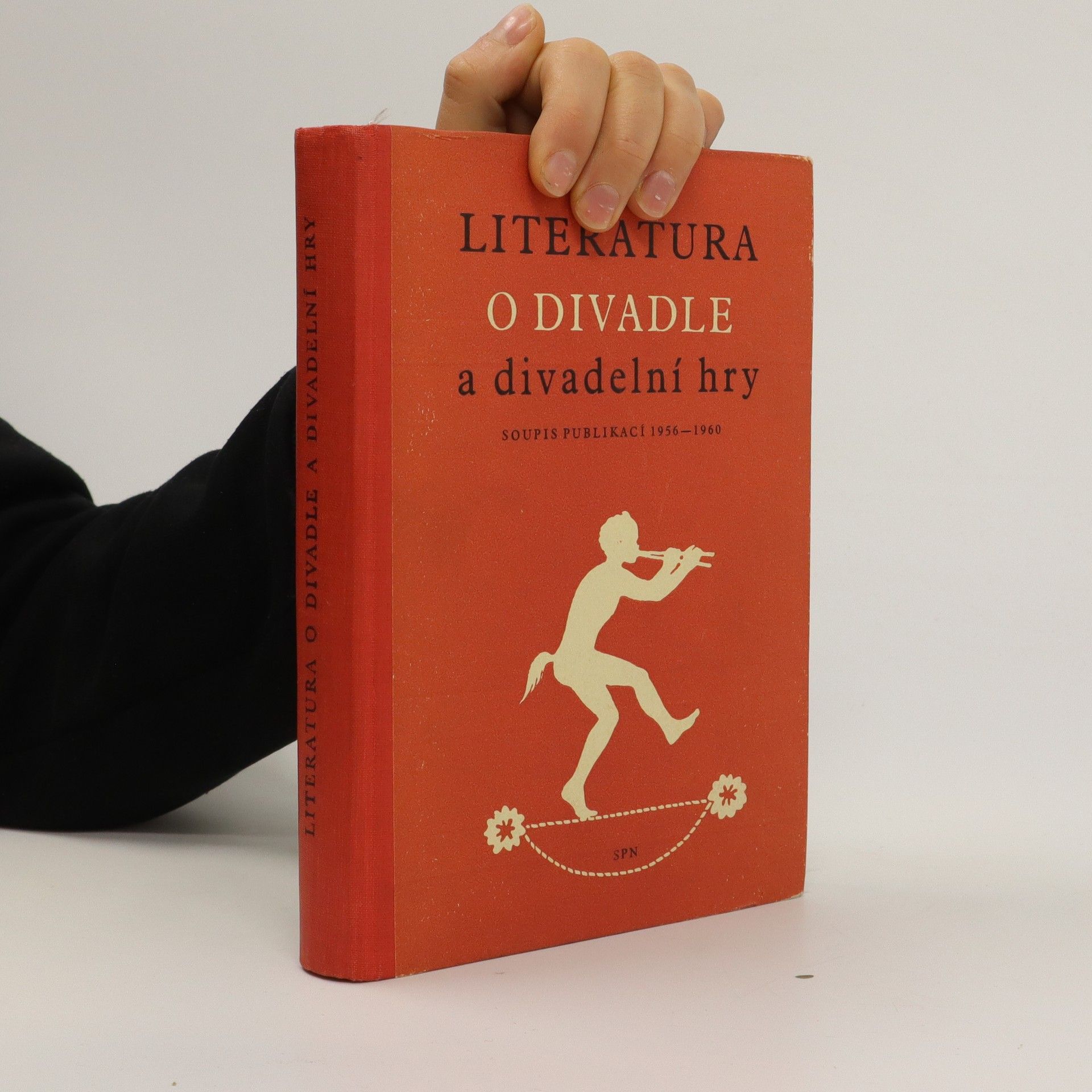Kniha obsahuje dva romány: Mládež bez Boha a Dítě naší doby. Předmluvu ke knize napsala Lucy Topoľská.
Lucy Topoľská Boeken


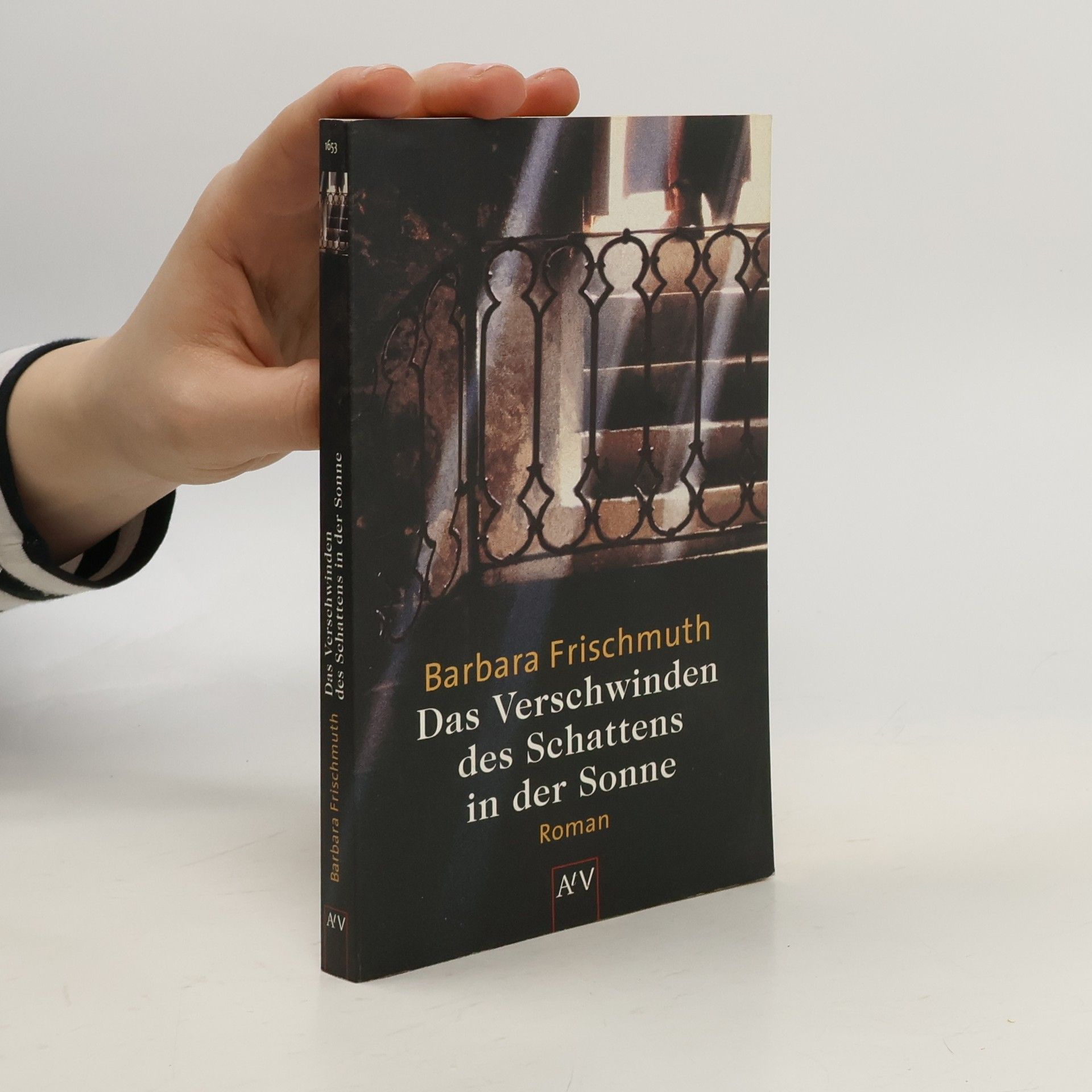


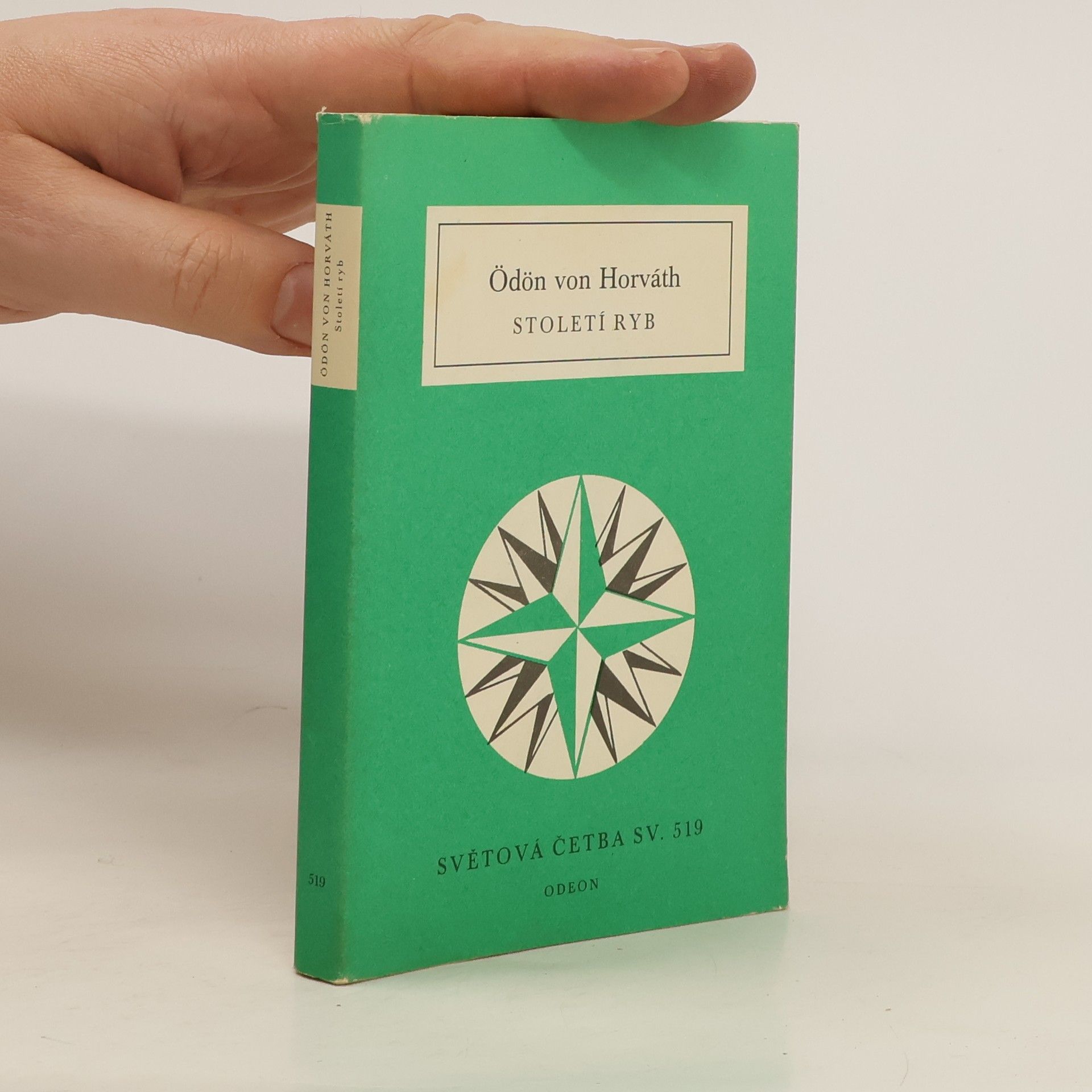
Eines der schönsten und spannendsten Werke des österreichischen Autors Leo Perutz. Ein »Buch für schlaflose Nächte, eines das schlaflose Nächte erzeugt.« Richard A. Bermann »Wisse, daß geschehene Dinge niemals ein Ende haben.« Das sagt im Jahre 1532 in Florenz der Arzt und Chemiker Salimbeni. Und im Jahre 1909 in Wien bewahrheiten sich seine düster-prophetischen Worte. Gleich mehrere Personen begehen Selbstmord, sämtlich unter den gleichen rätselhaften Umständen und – das ist das Unheimlichste – ohne jedes Motiv. War es doch Mord? Ich-Erzähler Freiherr von Yosch, selbst in einem der Fälle in Verdacht geraten, stellt Nachforschungen an. Wie in Ecos ›Name der Rose‹ führt die Spur zu einem Buch, einem alten Folianten, der das gefährliche Geheimwissen des Salimbeni enthält. Als einen Roman, der bis zur letzten Seite unerwartete Wendungen bereithält und nervenzerrüttend spannend bleibt, nahm Jorge Luis Borges den ›Meister des jüngsten Tages‹ in seine Edition der besten Kriminalromane der Welt auf.
In der Fremde leben Eine Studentin der Orientalistik reist in die Türkei, um Material für ihre Dissertation über einen geheimnisvollen Orden zu sammeln. Doch so freundlich sie aufgenommen wird und so sehr sie versucht, Umgangsformen und Spielregeln zu beachten – sie stößt auf Schweigen. Ausgehverbote und Verhaftungen lassen sie begreifen, daß die Wirklichkeit wenig gemein hat mit ihren märchenhaften und mystischen Vorstellungen. Sie beginnt, Realitäten wahrzunehmen, und ahnt, warum manches im verborgenen geschehen muß.
Mimořádná příležitost zavítat do světa počátků moderní evropské literatury. Antologie hrůzostrašných příběhů. Elementární částice světové hrůzy Fantasmagoriana podnítila fantazii předních osobností světové romantické scény už před více jak 200 léty v létě roku 1816, kdy na břehu Ženevského jezera se uvnitř vily Diodati sešla vybraná literární společnost v podobě lorda Byrona, Mary Shelleyové, Percyho Bysshe Shelleyho a doktora Polidoriho, aby stvořila vlastní strašidelné příběhy. Chimérické výpravy básníků děsu tehdy stvořily nesmrtelná díla z rodu Frankensteina, Drákuly nebo Mumie. Originální, původně německy psané dílo, které bylo romantiky čteno ve francouzském překladě, se dnes poprvé dostává do rukou českého čtenáře. Velkolepý návrat ke kořenům evropské literatury je určen všem milovníkům kvalitního hororu. Antologie z německých končin je překvapí svou nestárnoucí svěžestí a jedinečným významem. Do češtiny přeložily germanistky Lucy Topoľská a Ingeborg Fialová-Fürstová. Autorem konceptu knihy s barevnou přílohou sestavenou z dobových ilustrací je znalec hororu Martin Jiroušek.
Weights and Measures
- 112bladzijden
- 4 uur lezen
Set against the backdrop of the Austro-Hungarian Empire's decline, this novel follows Anselm Eibenschütz, an artillery officer who transitions to a civilian role as an Inspector of Weights and Measures. His journey into a secluded territory near the Russian border leads him into a world of corruption and moral decay. The story poignantly explores themes of identity, destiny, and loneliness, capturing the essence of a good man's unraveling amidst the chaos of early 20th-century Eastern Europe. It is celebrated for its lyrical prose and philosophical depth.
Hanns Zischlers klassisches Werk über den leidenschaftlichen Kinogänger Franz Kafka bietet sensationelle neue Entdeckungen und enthält eine DVD mit den Filmen, die Kafka sah. In seinen Tagebüchern wird deutlich, dass Kafka das Kino liebte und sich von diesem neuen Medium inspirieren ließ, um ähnliche Erzählweisen in seiner Literatur zu erkunden. Zischler widmete Jahrzehnte der Erforschung, welche Kinos Kafka besuchte und welche Filme, Szenen und Schauspieler ihn prägten. Er sammelte Fotos, Programmzettel und Plakate, durchstöberte Bibliotheken nach Filmkritiken und suchte in Archiven nach vergessenen Filmrollen. Das Ergebnis ist ein grundlegender Beitrag zur Kafka-Forschung und eine magische Reise durch das frühe Kino mit seinen Stummfilmen und fantasievollen Sprechern. Bei der Veröffentlichung vor 20 Jahren sorgte das Buch für großes Aufsehen, da es die unerwartete Liebe Kafkas zum damals wenig geschätzten Kino offenbarte. Zischler blieb auch nach der ersten Auflage der Kinoleidenschaft Kafkas treu. Die neue Ausgabe enthält zahlreiche neue Funde und ist dank der Zusammenarbeit mit dem Filmmuseum München und der Kulturstiftung des Bundes mit einer DVD ausgestattet, die die Filme zeigt, die Kafka damals sah.
Beiträge zur deutschsprachigen Literatur in Tschechien
- 417bladzijden
- 15 uur lezen
Literatura o divadle a divadelní hry
Soupis publikací 1956-1960

